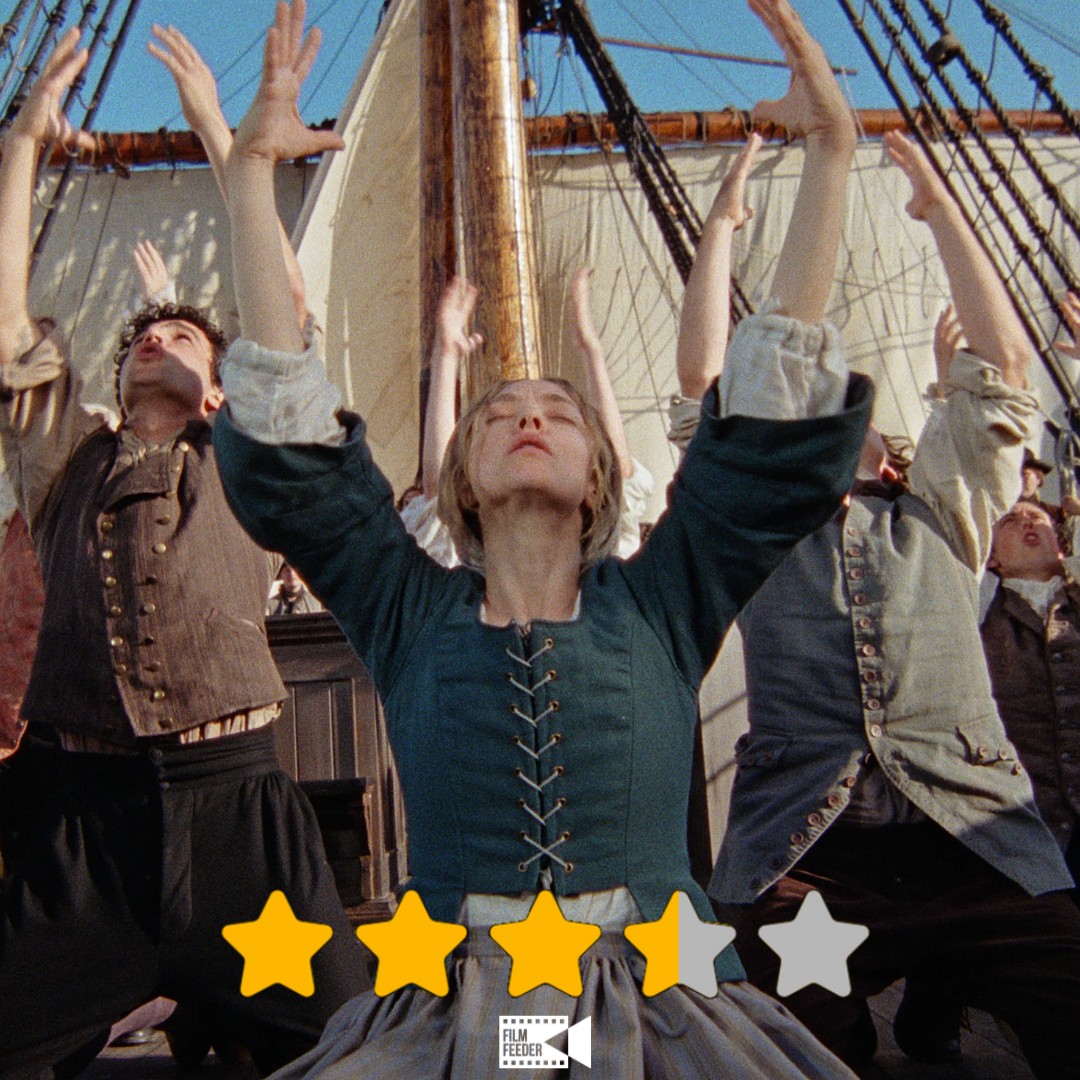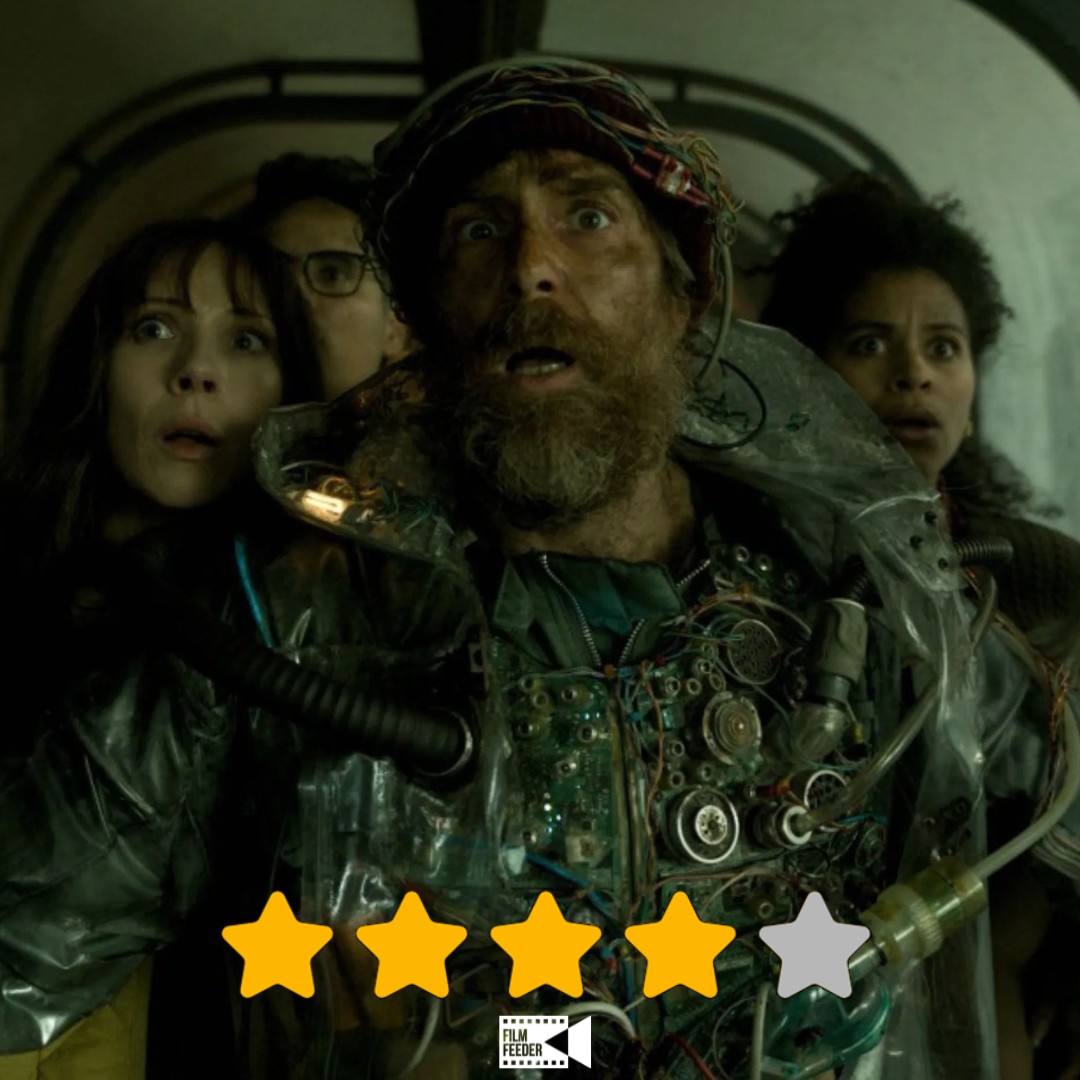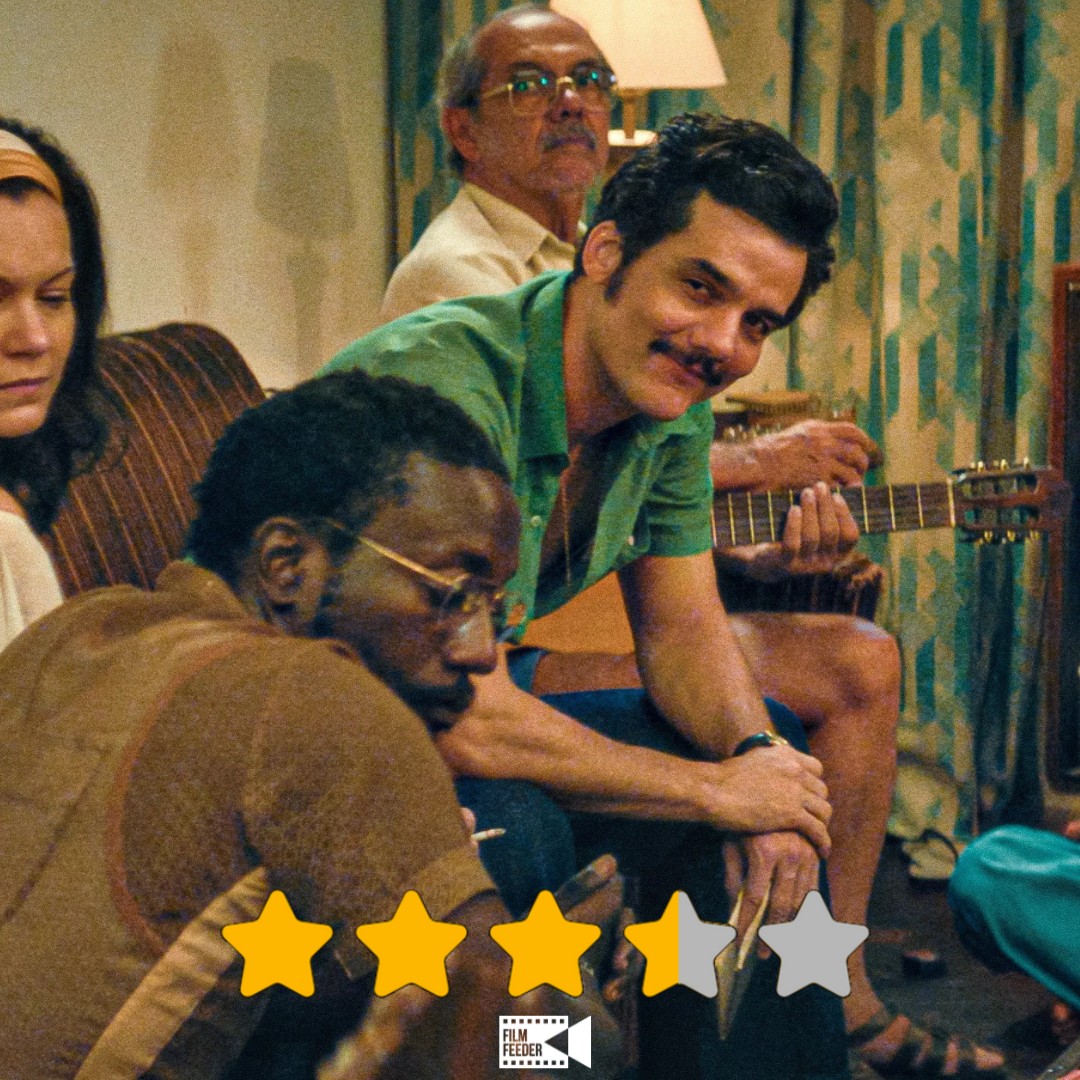
Queer (2024, dir. Luca Guadagnino)
Certificate: 18
Running Time: 138 mins
UK Distributor: MUBI
UK Release Date: 13 December 2024
WHO’S IN QUEER?
Daniel Craig, Drew Starkey, Lesley Manville, Jason Schwartzman, Henry Zaga, Drew Droege, Ariel Schulman, David Lowery, Colin Bates, Ronia Ava, Perla Ambrosini, Simon Rizzoni, Omar Apollo, Michaël Borremans, Andra Ursuța, Lisandro Alonso, Ford Leland, Sean Cubito, Diego Benzoni, Radu Murarasu, Francesco Lupo Sturani
WHO’S BEHIND THE CAMERA?
Luca Guadagnino (director, producer), Justin Kuritzkes (writer), Lorenzo Mieli (producer), Trent Reznor and Atticus Ross (composers), Sayombhu Mukdeeprom (cinematographer), Marco Costa (editor)
WHAT’S IT ABOUT?
In 50s Mexico City, an American ex-pat (Craig) embarks on a romantic odyssey…
WHAT ARE MY THOUGHTS ON QUEER?
Even though he’s now off making much more commercial fare like Challengers, Bones and All and his in-development American Psycho remake (which is set to complete his Dune: Part Two trifecta with the recently-announced casting of Austin Butler as his Patrick Bateman), director Luca Guadagnino still has a solid foot in his arthouse roots. Even his most accessible films have a tinge of sensual delicacy to them, clearly made by someone with a desire to show their inner artisan while also telling stories that wider audiences would want to see.
But in this new period of Guadagnino’s career, sometimes his inner artisan can ultimately get in the way of the story he wants to tell. Queer is a strong example of exactly this, for it shows what happens when someone like Guadagnino lets their artistic self perhaps run a bit too wild, resulting in an odd fever dream that struggles to compel in other essential areas of its storytelling.
Both an adaptation of Naked Lunch author William S. Burroughs’ novel of the same name, and a loose semi-autobiographical take on the author’s life, the film takes place in 1950s Mexico City, where Burroughs surrogate William Lee (Daniel Craig) is an American ex-pat seeking desire and romance amidst the city’s gay community, hopelessly hopping from one casual encounter to another. He eventually strikes a connection with Eugene Allerton (Drew Starkey), a younger man discharged from the American Navy, but his mysteriously allusive nature compels Lee to pull out all the stops in order to completely win him over, culminating in a trek deep into South America in search of an elusive drug that could hold the key to unlocking telepathy.
The peculiar – queer, if you will – thing about Guadagnino’s film (as written by his Challengers scribe Justin Kuritzkes) is that it initially seems as though it’s heading in one formidable direction, only to drastically change course towards something near unrecognisable from where it first started. Told in three chapters and an epilogue, the film’s first half primarily focuses on Lee and Allerton’s unusual courtship, and it’s in this section when Queer is at its most compelling. Through a slow and meandering pace, set to luscious cinematography by Sayombhu Mukdeeprom and an anachronistic soundtrack made up of Nirvana needle-drops and the occasionally electronic beats of composers Trent Reznor and Atticus Ross, Guadagnino gradually unveils the inner passion of the central two lovers, particularly Lee whose somewhat predatory approach is gently cast aside as he sees the untapped beauty of his would-be conquest. Craig is excellent in the film, delivering a boyish performance that mixes flamboyancy with inner tragedy, bringing out a more lustful side that contrasts with his less confident personality, and in scenes where he acts opposite the more composed Starkey you can feel his burning desire grow to near impossible size.
However, as soon as Queer steps foot outside its comfort zone, it begins to falter as it descends deeper and deeper into pure metaphysical chaos. Guadagnino and Kuritzkes borrow perhaps too liberally from Burroughs’ source material, as after a certain point the film embraces a type of surrealism that ultimately overpowers the storytelling components, without doing much to compliment the themes and characters it had previously spent most of its time exploring. Even a memorable late appearance by an unrecognisable Lesley Manville as an eccentric botanist comes a bit too far from the point where the viewer should be fully invested, since by then the filmmakers have fully swapped story and character for all-out absurdity, with strange imagery that appears to have come straight out of David Lynch’s daydreams, with an ultimate conclusion that is clearly going for 2001-like surrealism combined with vague aspects of the real William S. Burroughs’ later years, but lacks the dramatic drive to give such things any kind of emotional punch.
Ultimately, it is up to the individual viewer to determine whether this uneven mix of lustful romantic odyssey and full-on oddness works or not, but for me I’m not entirely sure that it does. On the one hand, it’s fascinating to see the huge swings that Guadagnino and Kuritzkes are making with Queer, especially as it descends further into its anything-goes later chapters, but on the other hand it doesn’t feel dramatically satisfying, as though you’ve watched the first half of an intriguing movie that ultimately goes nowhere in its second half. In terms of the director’s work, it’s less Call Me by Your Name and much closer to his remake of Suspiria, a film in which Guadagnino similarly blended pure mood and atmosphere with bizarre concepts and even weirder executions, also to ultimately mixed results. This film would make the better double-feature with the latter, news that is bound to disappoint hoping for more elegant and straightforward romantic drama as in his big international breakthrough, but at the same time shouldn’t surprise anyone who already knows the out-there life and work of Burroughs.
Unfortunately, not everyone is privy to such things, so going blind into something like Queer might give the average viewer a severe tonal and metaphysical whiplash. For anyone else, it’s a far cry from Guadagnino’s best work, especially in the same year as Challengers, and a slightly underwhelming venture into the truly peculiar world of its central subject.
SO, TO SUM UP…
Queer is an overwhelmingly strange odyssey that sees director Luca Guadagnino and writer Justin Kuritzkes initially set up a compelling and beautifully shot romance featuring some career-best work from Daniel Craig, only for it to fully lose itself in surreal chaos that is narratively never fully recovers from.














0 Comments